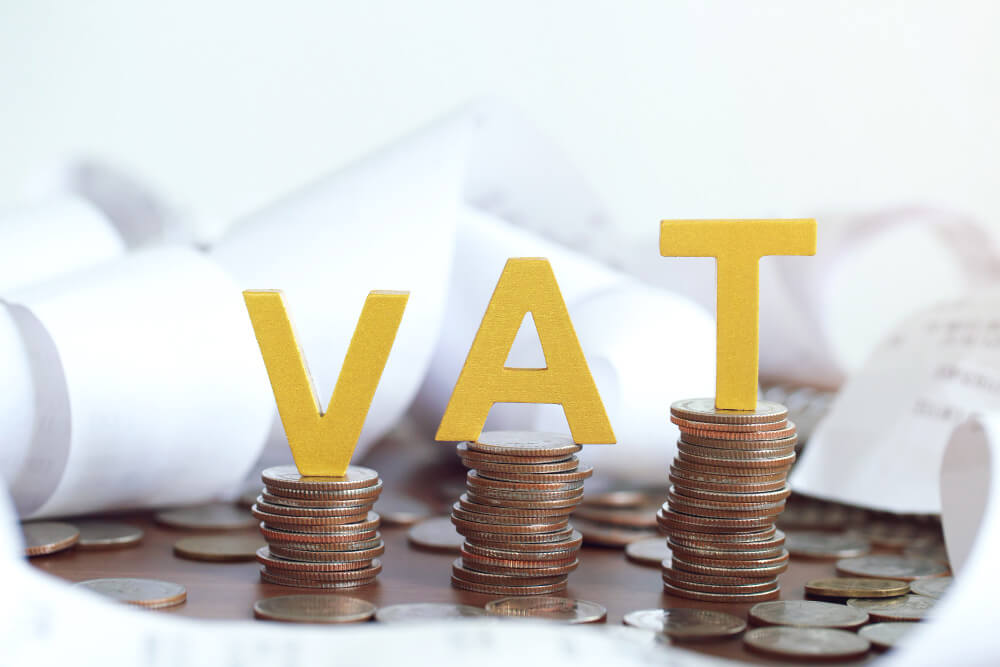What is a sole trader
A sole trader is a self-employed individual who owns and operates a business alone, with full control and personal liability.
Sole trader definition & Sole trader Meaning: A sole trader business is owned by a self-employed individual who is solely accountable for the business’s success or failure. Sole traders keeps all business profit to themselves, but the downside is that you are also liable for all your business debts.
If you are a sole trader, then your business is not a separate legal entity. Instead, you are the business.
How can you set up as a sole trader?
If any of the following situations apply to you, you must register as a sole trader:
- During the previous tax year, your income was more than £1,000 from self-employment. Tax year in the UK runs from 06th April till 5th April of the following year.
- To help you qualify for the benefits, you wish to make class 2 National Insurance payment voluntarily.

To register yourself as a sole trader, you must notify HMRC that you will be paying your income tax under the Self Assessment regime. You can register for Self Assessment online without paying any fees or you can suibmit a paper form.
Responsibilities of a sole trader
Being a sole trader comes with many responsibilities.
1. You can either choose to operate with your name or have a separate business name for your business.
- While it is not required to get your business name registered with Companies House, you must ensure that your business name does not include:
- Any offensive or sensitive word
- Terms like ‘public limited company’, ‘limited’, ‘limited liability partnership’, ‘Ltd.’
- A name of an existing trademark
2. You must maintain accurate and complete accounting records of your business.
3. You are required to submit a Self Assessment tax return every year. Keep an eye on the HMRC deadline because late filing and tax bill payment can lead to a fine.
In addition, if your tax returns do not comply with the tax laws and regulations, you will be charged with penalties or even imprisonment.
4. In addition to paying income tax on your profits, you also have to pay class 2 and class 4 National Insurance.
5. As a sole trader, you can hire employees for your business. But while hiring employees, a few things that you should keep in mind are:
- You should take care of the employers liability insurance.
- You should pay your employees at least the national minimum wage because paying less than the minimum wage is a criminal offence.
- Register as an employer with the HMRC.
- You can choose to set up a workplace pension scheme if your employees earn £10,000 a year.
- If you hire an employee for more than one month, creating a written statement of employment particulars is essential. Apart from this, you should prepare a contract mentioning all the terms and conditions of the job.
Advantages of being a sole trader
- A sole trader business is the simplest business structure as it does not involve any partners, directors or shareholders.
- All the operations and directions of your business are in your control. Moreover, you get to keep all your business profits.
- Being a sole trader, you have the complete freedom to work as you wish and be your own boss. You can set your own working parameters instead of doing the same old nine to five job.
- Registering yourself as a sole trader is very easy and does not involve many complications. All you need to do is register for Self Assessment with HMRC online and receive a 10 digit unique taxpayer reference (UTR).
- You do not need to get your business registered with the Companies House.

Disadvantages of being a sole trader
- Since your business is not a separate legal entity, you are personally liable for all your business debts and liabilities. Thus, being a sole trader is risky because it involves personal financial risk.
- If you are a sole trader, then you have to manage various aspects of a business yourself, including marketing, sales, operations, production, accounting, and more. You have to bear all the responsibilities yourself.
- In a sole trader business, you cannot get shareholders to invest capital. This leads to limited funding for your business.
- Some clients don’t prefer to deal with a sole trader because of the high risk involved. Instead, they prefer to work with a limited company.
- As a sole trader, there is a probability that you are paying more tax as compared to a limited company. This is because there are fewer tax planning opportunities in a sole trader business.










Leave a Reply